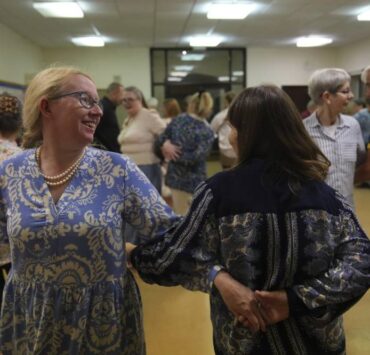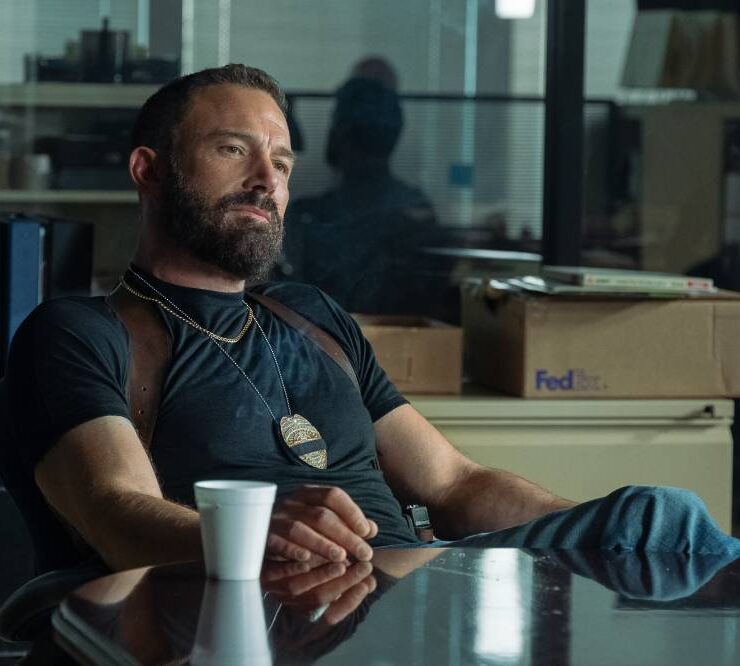Top Suzara steers Freestyle back to its songwriting roots
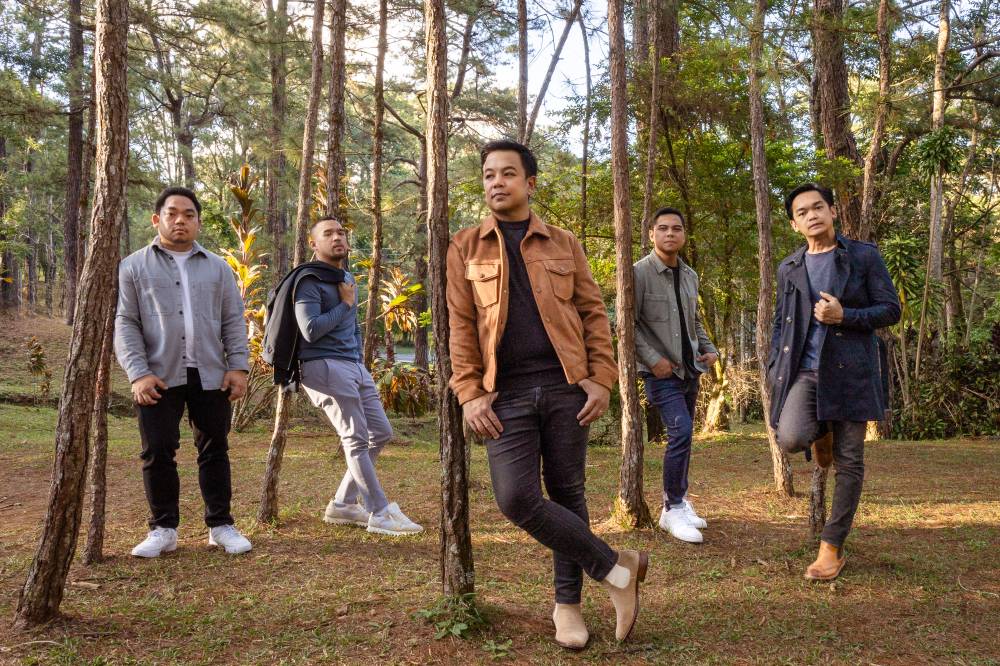
Asking about the secret behind Freestyle’s longevity doesn’t really have a straightforward answer, mostly because the iconic ‘90s band’s thirty-year journey wasn’t all that straightforward either.
In 2005, Top Suzara—after nine years as lead vocalist and chief songwriter—left and pursued a solo career. And while the group continued, other founding members, like co-lead vocalist Jinky Vidal and guitarist Tat Suzara, eventually left one by one, giving way to new members. By 2021, the lineup could very well be that of a different band.
But by some “crazy universe quirk”—a trademark ruling granting Suzara ownership of the name Freestyle, to put it more plainly—the band found its way back to him in 2022.
Now, to answer the question regarding Freestyle’s staying power, Suzara can perhaps chalk it up to, say, “professionalism and commitment.” But when those things fall through, what you’re left with is the music. And it’s undeniable that the band’s defining, most successful era coincided with—and was fueled by—his original tenure. After all, it was him who penned many of the band’s greatest hits: “Before I Let You Go,” “This Time,” “So Slow,” “Once in a Lifetime,” and more.
“It’s the songs that help an artist endure and stand the test of time,” Suzara says in a recent group interview. “They’re what make an artist known for creating classics that still resonate today.”
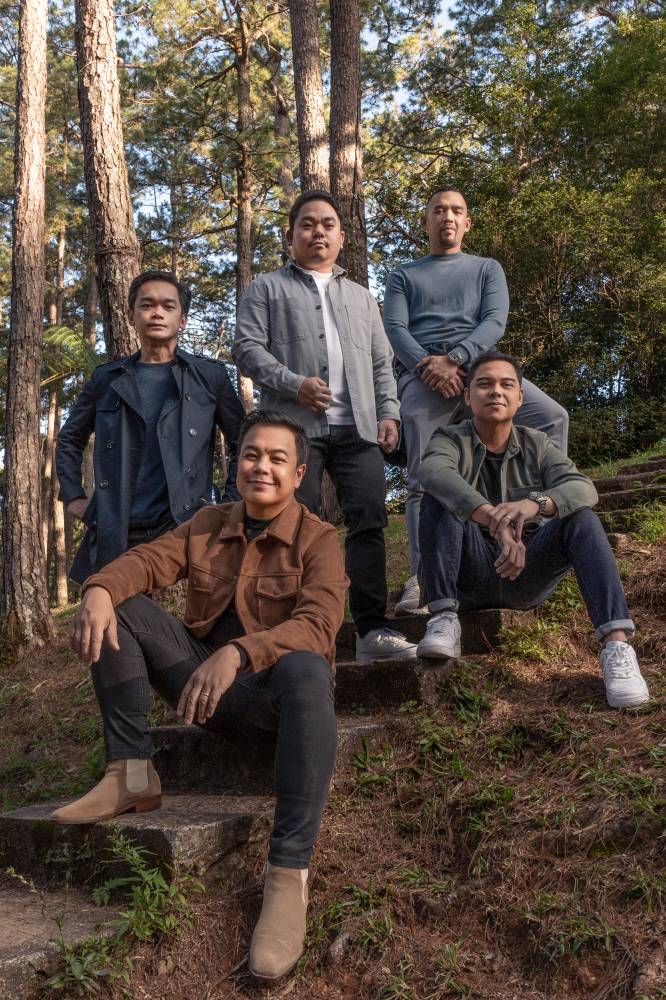
A meaningful opportunity
The fact that he’s back fronting Freestyle is still quite the shock, something Suzara never imagined in the 17 years he was away. There has to be a purpose to all this, he thought at first, a compelling reason to justify why the band is back in his hands. But he might just have found the answer.
“Maybe it’s a chance to pick up where I left off, which is writing songs and sharing original music,” he says, adding that while Freestyle did release original material here and there during his absence, there was a noticeable shift in priorities, with more emphasis toward doing more live shows and performances.
“My first focus, really, is to write songs,” he says. “This is a meaningful opportunity, and I want to do right by it.”
Because when a song really hits and connects, there’s no better feeling for a songwriter. Suzara recalls Freestyle’s exciting breakthrough days when “Before I Let You Go” dominated the airwaves in 1998 and put the band on the local music map. It was the first song of his that he heard people singing back to him. And sometimes, he says, he didn’t even have to open his mouth—the fans would always gladly take over.
It was also the song that first revealed to him how music—the moment it’s released—could take on a life of its own and mean something different to every listener. He will never forget the time a group of students approached him and asked if they could play “Before I Let You Go,” which they had heard at a show and found beautiful, in their school chapel to honor a batchmate who had passed away.
“That song was originally written out of romantic desperation, but I have come to realize that it can also speak [to other kinds of loss],” he says.
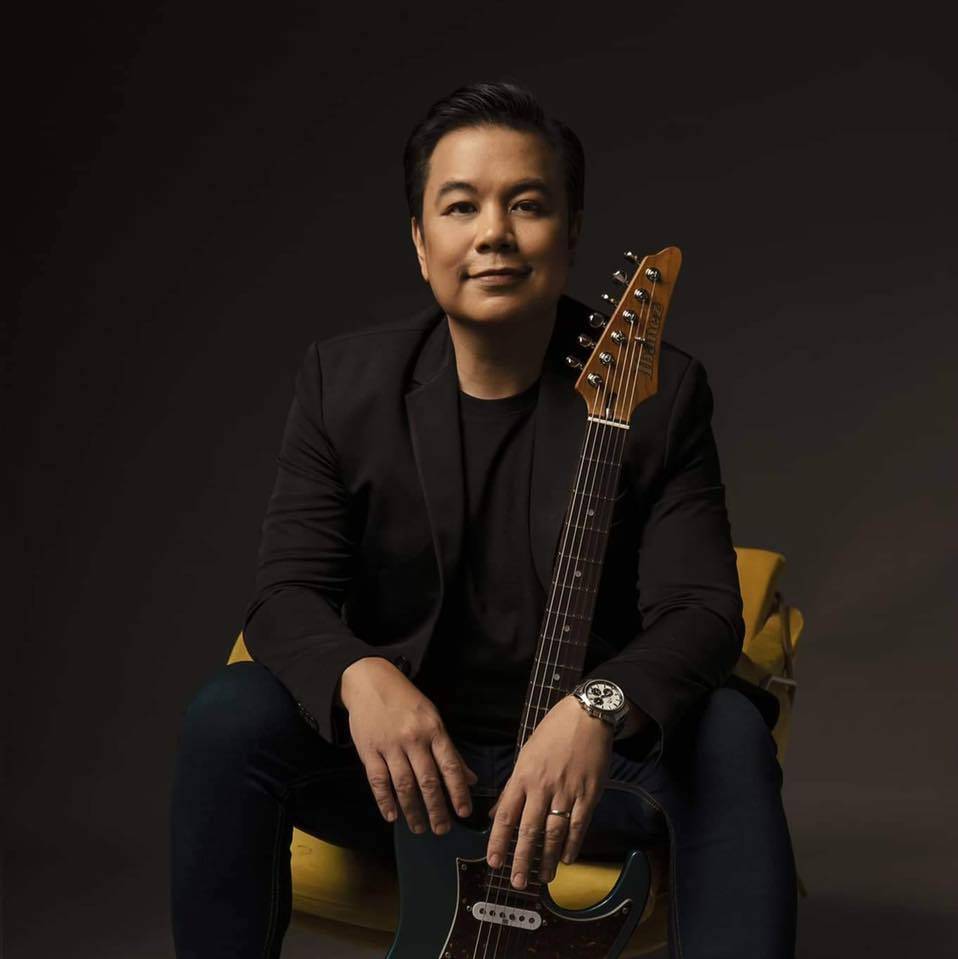
The despair of letting go
This is the very feeling and impact he hopes to recapture with Freestyle’s current iteration. Since taking the reins back, Suzara has teamed up with longtime collaborators IJ Garcia (keyboards), Ian Tan (bass), Bouy Manalo (guitar), and Gibson Viduya (drums). This is their first time together as official bandmates under the Freestyle banner, but Suzara has already known and worked with them for many years prior.
Together, they have so far released five new original singles, including “Surrender You,” which sounds like an unintended thematic cousin to “Before I Let You Go.” While both songs revolve around the fear of losing someone, the latter is a plea to save a faltering romance; the former expresses the agony of watching a loved one wilt away to illness.
“It’s about a loved one who has accepted their fate. They can smile through their pain, but you can’t,” Suzara relates. “We often talk about grief after a loss, but not always about the despair and helplessness we feel while hoping and holding on.”
Freestyle plans to perform this new single for the first time in “It’s About Time,” the band’s upcoming concert on Sept. 19 at the Newport Performing Arts Theater. The show also doubles as a thank-you to the fans, serenading them not only with reimagined versions of Freestyle’s classics but also with a special medley of other OPM favorites.
“There are many ways and platforms now to introduce new songs, but for me, performing them live is still the best way,” Suzara says. “It’s like serving the dish you have prepared straight to the fans.”
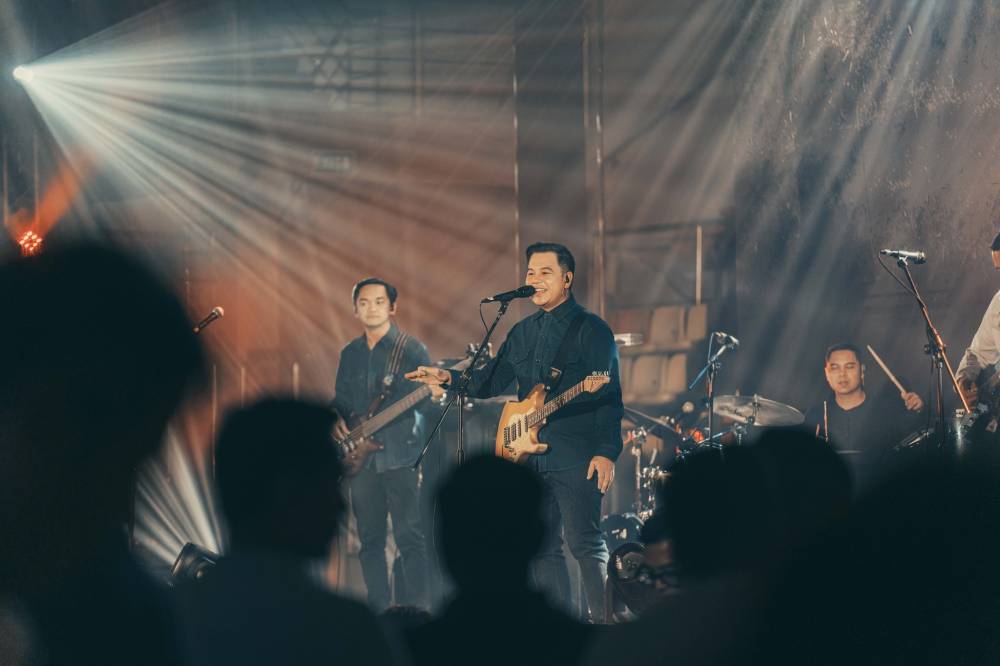
No pressure to compete
While Suzara remains the chief songwriter, other members like Garcia have expressed eagerness to be more involved in the creative process and “contribute to Freestyle’s legacy.” Sure, he says, others may scoff at him and dismiss him as “just a new keyboardist,” but he believes he has something fresh to bring to the table.
“We’re not part of the OGs, but that’s fine. But we have different ideas, influences, and experiences. I think Freestyle is a good platform to showcase those,” points out Garcia, who crossed paths with Suzara, also by some cosmic twist. A former La Salle Greenhills student, he attended a mall show at Robinson’s Galleria—likely having cut classes—and waited in line holding a poster.
“I asked Top if I had written out the chords to ‘So Slow,’” recalls Garcia, who is “once and always a Freestyle fan.” “I would have never guessed we would end up working together.”
This new chapter in Freestyle’s journey feels like a new beginning—only this time, without the pressure to compete and chase success. Suzara admires the new wave of bands like Cup of Joe, Dilaw, Sunkissed Lola, and Lola Amour. They inspire him and the band, but instead of trying to keep up, they focus on doing what they do, and in the best way they know how.
“If our music resonates with even just one person, then it’s all worth it,” Suzara says.














